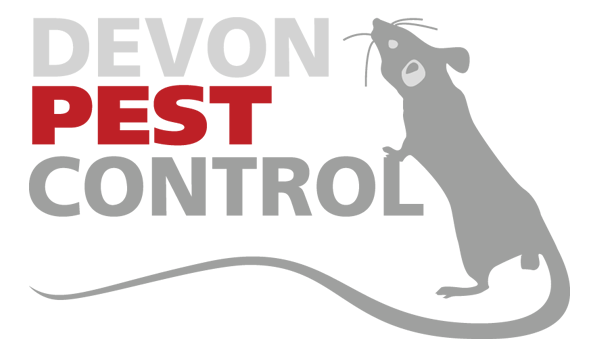 A fly infestation in your property can be a very unpleasant experience – it brings with it an unpleasant smell, it is distressing and is something that is difficult to clean up.
A fly infestation in your property can be a very unpleasant experience – it brings with it an unpleasant smell, it is distressing and is something that is difficult to clean up.
Why do fly infestations happen?
The simple answer is that flies are reproducing at an astonishingly fast rate; an adult fly only lives for around 2 weeks BUT, during this time, they can reproduce at a rate that produces thousands of other flies. Hence, when the conditions are right – in other words, plenty of food – they can infest a property in their thousands.
How to get rid of a fly infestation
Before starting any big clean up, the essential first step is to find the source of it. Flies are attracted by food and so the source will be rotting or decaying food, possibly decaying plant matter too. When flies ‘hatch’ from their brown pupa, they will look for this food source – and then carrying on mating.
The adult fly will lay up to 250 eggs on this decaying, rotting food – and carry on laying eggs every day of its very short life. After 24 hours, these eggs will look like a white maggot and 5 days later they are a pupa; within 2 to 3 days, the adult fly then emerges – and the cycle carries on over and over again for each fly. Now you can see how a fly infestation can take hold so quickly.
Places to look
There are several prime places to look for the source of a fly infestation problem;
- The dustbin is a prime example – decaying, rotting food matter attracts a fly and the reproductive cycle can start, with the hatching flies having a ready-made larder of food!
- The compost bin can also be a source of the fly infestation, especially if it is close to your property; other recycling tubs and receptacles can also be the perfect place for flies to lay eggs
- You may also be looking for the unpleasant sight of a dead, decaying bird or rodent as these too can be a place the flies find attractive.
- Wet cat and dog food left out can also attract flies.
Dealing with the problem
It is essential that any fly infestation is treated, simply because, despite its small size, the fly can spread disease as is flies from one portion of food to another, as well as landing on work surfaces, utensils etc.
In order to digest solid food, the fly regurgitates it and then liquefies it; as they feed on the food, they will also defecate on it – hence, when you see a fly having a nibble on your sandwich, it is spreading germs and disease. If you have a fly infestation, you need to deal with it quickly!
Professional pest control advice
As with most pest control problems, prevention is better than cure:
- Dustbins, recycle bins etc. should be cleaned regularly with a strong, effective cleaner to prevent the build-up of debris and detritus that flies are attracted to
- Rubbish, especially food rubbish should be in bags that are sealed
- Bins and other receptacles should be sealed tightly at all times
- Prevent flies entering your home in summer through open doors with the use netting
- Drains can also be a source of a fly infestation, where there is a build-up of organic matter; keep drains running freely but take care with drain cleaners as they tend to be caustic
- If you have pets such as dogs, regularly pick up faeces from the garden and surrounding areas as this is a great attractant to flies
- Store food in tins and plastic boxes, in the fridge or cupboards so that the smell does not attract flies into the home
- There are also fly strips and other products that can be used as a preventative measure but read the instructions with care






